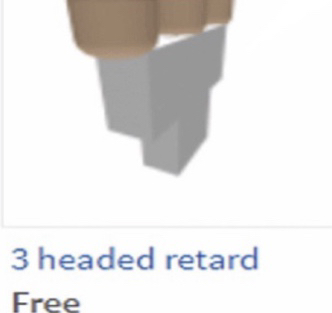Rock, Paper, Scissors is often dismissed as a trivial game, and while it can be a fun and quick decision-making tool, its simplicity also exposes its limitations. The game operates on a basic premise: each of the three elements—rock, paper, and scissors—can defeat one and be defeated by another. This cyclical relationship creates a balanced game in theory, but in practice, it lacks depth and strategic complexity.
One major criticism is its reliance on chance rather than skill. The outcomes are purely random, meaning that success depends on luck rather than any developed abilities or strategic planning. For serious decision-making or competitive scenarios, this randomness is insufficient and can be seen as unsatisfactory. Additionally, the game's simplicity makes it less engaging over time, as it fails to provide the intellectual stimulation or strategic layers found in more complex games or decision-making methods.
Furthermore, Rock, Paper, Scissors does not account for context or nuanced considerations, which are often crucial in real-world scenarios. Its binary outcomes are not equipped to handle the complexity of human decision-making, making it a less effective tool for serious choices. In summary, while Rock, Paper, Scissors is a fun diversion, its limited scope and reliance on luck render it inadequate for more substantial applications.
its in nmg but its supposed to be any%
supposed to be any%
why not


